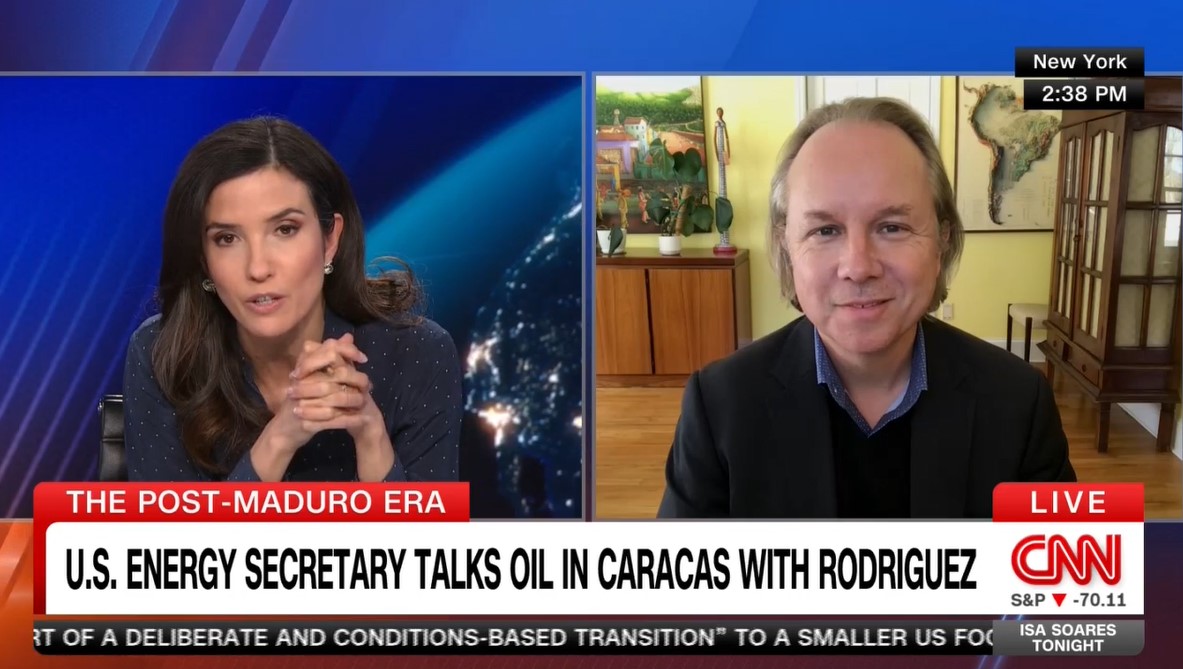Lula Brings Anti-Protectionist Message to Washington
Lula Brings Anti-Protectionist Message to Washington
As his country gains global influence, Brazilian President Luiz Inácio Lula da Silva brought his warnings against protectionism to the White House. Trade, energy, and hemispheric relations were the topics that dominated the meeting with U.S. leader Barack Obama.
Updated March 16, 2009 - U.S. President Barack Obama called his March 14 talk with Brazilian counterpart a "wonderful meeting of the minds." President Luiz Inácio Lula da Silva in turn said that Obama is in an "exceptional position to improve relationships with Latin America." The two leaders discussed the upcoming G20 meeting and April’s Summit of the Americas, as well as U.S. tariffs that restrict imports of sugarcane-based ethanol. Lula also brought Washington’s Cuba policy and relations with Venezuela. But, with, Lula’s recent anti-protectionist language as an indication, trade was a paramount issue for the Brazilian leader when he met with Obama.
Lula’s visit was trumpeted as a sign of Brazil’s waxing presence on the global stage. At a time when the world finds itself afflicted by a devastating financial contagion, Lula has made use of his new prominence to take a firm stand on global trade matters. “If the United States, Europe, Brazil close themselves, the crisis could become much bigger and produce chaos instead of a solution,” he said during a visit to São Paulo last week by the Dutch prime minister. The stalled Doha round, which Lula has been a vocal advocate for moving forward, came up when the two leaders met. After liveblogging the Lula-Obama press conference, Fausta's blog noted, "Ponder that a moment, folks. A socialist warning an American president against protectionism."
Lula, a former trade union leader, was branded a “leftist” when he campaigned for and took office in 2003. He fought U.S. moves to push through a hemispheric trade agreement. Yet, as a Wall Street Journal article points out, Brazil has since become one of the most vocal supporters of completing Doha.
In particular, Lula has blasted U.S. and EU agricultural tariffs that create a barrier for Brazilian sugar-based ethanol. At his meeting with Obama, Lula recognized that a change to the tariffs would not come over night but said he "can't also understand while the world is concerned with climate change and with carbon emissions" why green energy would face duties.
During the race for the White House, Obama voiced support for keeping in place Washington’s 54-cent-per-gallon tariff on sugar-based ethanol imports. Yet ethanol is not the only energy issue on the table. As Mexican oil production declines and U.S.-Venezuelan relations continue to be troubled, massive oil reserve discoveries off the coast of Rio de Janeiro could push Washington to pursue closer ties with Brazil. A Council of the Americas report published in January suggests the Obama administration should work toward creating an energy partnership of the Americas that would include Brazil, Canada, Mexico, and the United States.
Lula also championed greater oversight of financial institutions, having vocally criticized Wall Street. In a recent op-ed for the Financial Times, he wrote of his “hope for a world free of the economic dogmas” in which humans are the “central concern.” After prioritizing poverty allevetion, his administration saw the large inequality gap in his country shrink. As AS/COA President Susan Segal explained in opening remarks to the Latin American Cities Conference in São Paulo, Brazil’s middle class grew from 32 to 49 percent of the population while Brazil’s 2008 GDP per capita outperformed India’s. Time magazine suggested that, by accompanying fiscal reforms with social programs, Brazil could become of the few countries that manages to avoid recession.
In a BBC interview, Brazilian Foreign Minister Celso Amorim discussed whether his country can serve as a go-between for Cuba and Venezuela with Washington. He spoke positively about the Lula-Obama meeting, saying, “I think [with] the Obama administration—at least this is our hope—its a new time for the world.”
Read an article by COA’s Eric Farnsworth about Brazil’s rising importance on the global stage.







